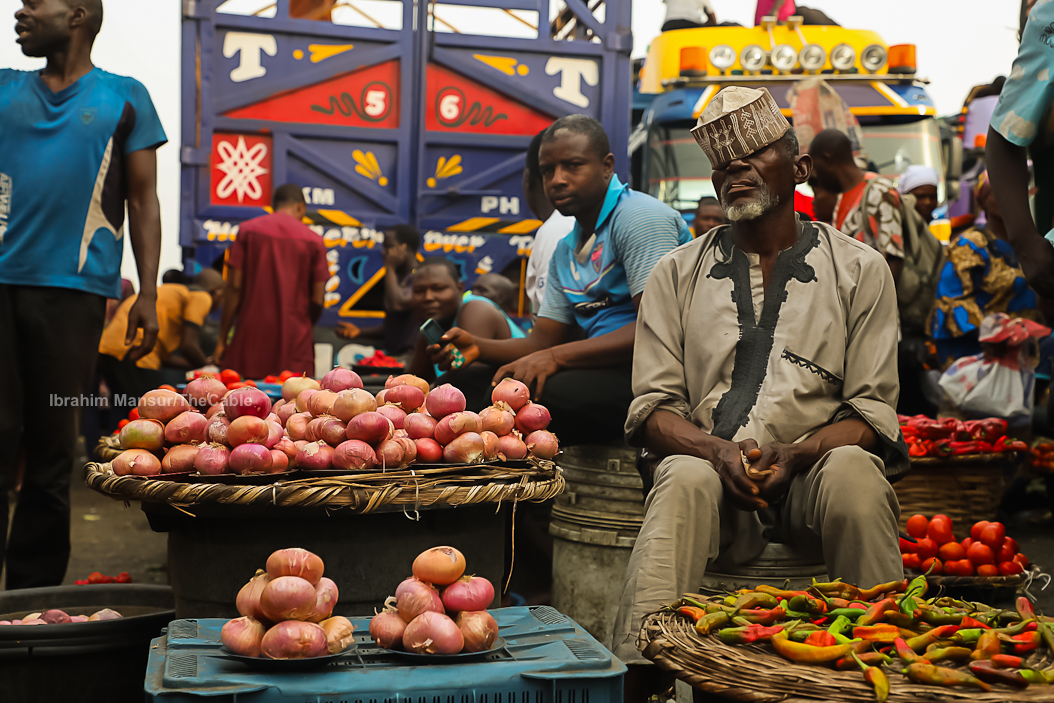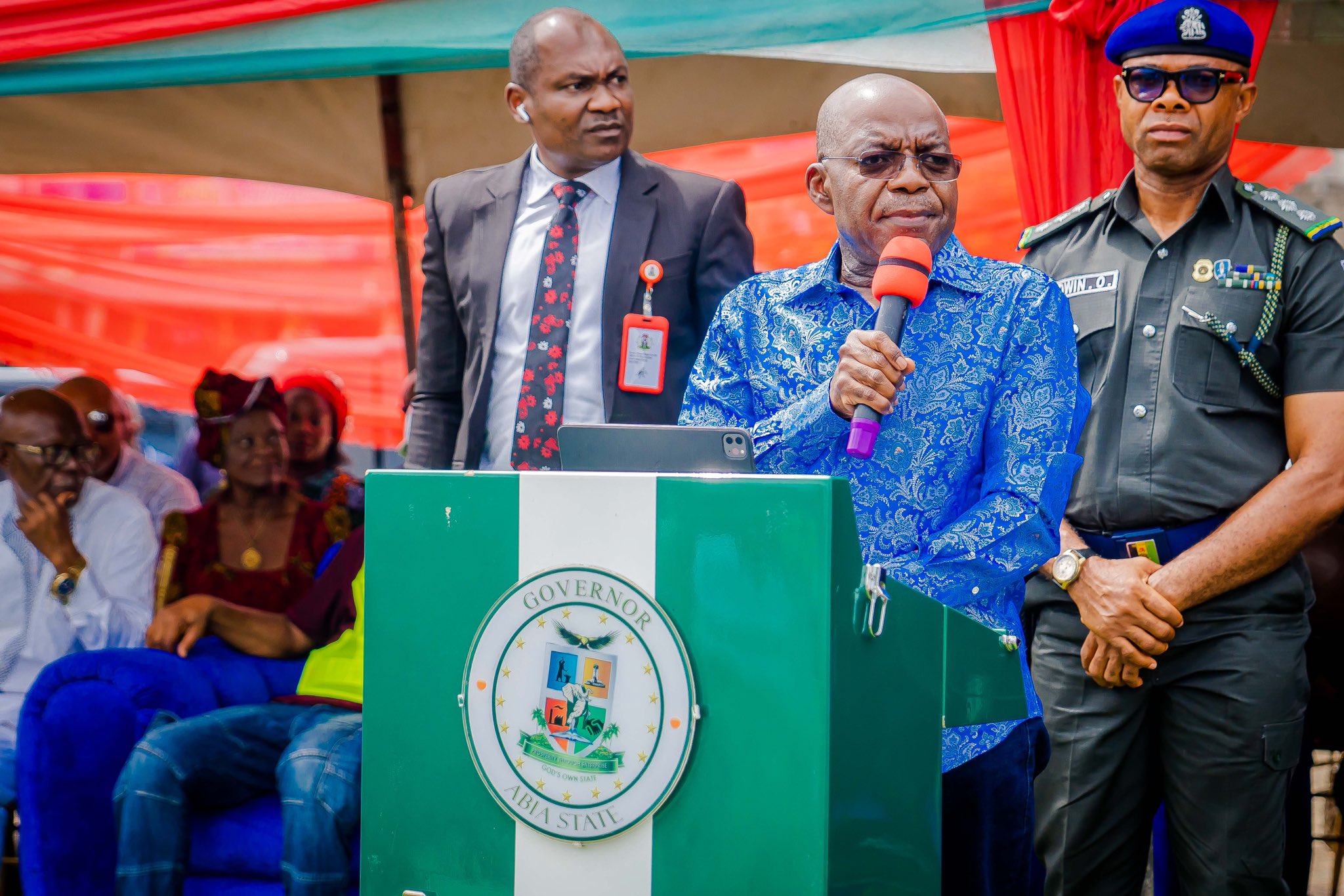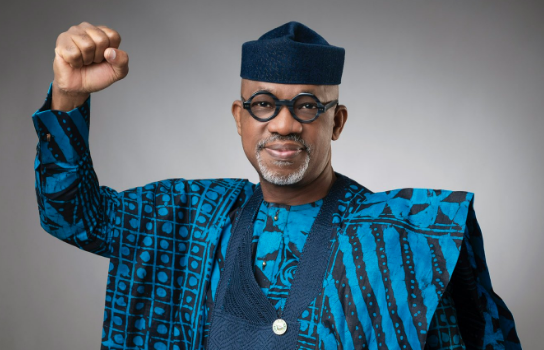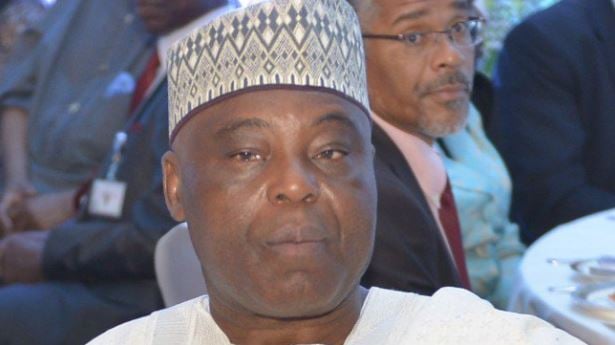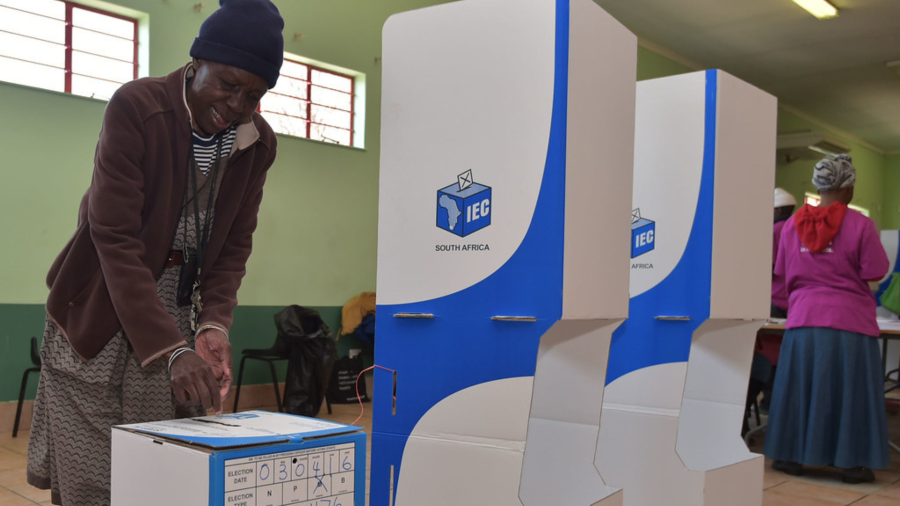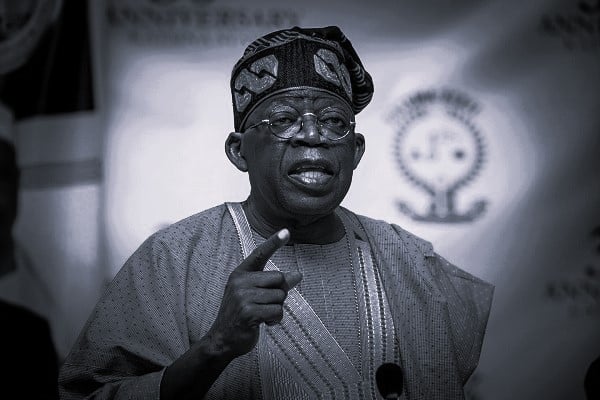The operative word in the title is ‘brinkmanship’ and of the many meaning of the term, I believe the following aptly captures the prevailing situation in Nigeria; “pushing a situation to the point of disaster without quite going over the edge…brinkmanship is an approach in which a country pushes a situation extremely close to a dangerous point”.
In the 12 months that President Tinubu has been in office, an overwhelming majority of Nigerians will readily agree that the president had taken Nigeria to the brink of total economic meltdown to which there appears to be no way out.
All the pegs of his economic policy have proven to be contradictory, dysfunctional and disastrous to the economic and social health of the country. The removal of subsidies which he announced rather airily and without the benefit of deep consultation with stakeholders and which he touted as the silver bullet to all the structural economic issues in the country has turned out to be the opposite of what he told Nigerians. Fuel prices have been going up since the announcement, followed by ever rising prices of goods and services.
The business environment has proven tough for both medium and large enterprises as a result of the high cost of fuel, leading to the collapse of many of them. The outlook is that many more will collapse in the coming months as the situation bites harder. And even with the deregulation of fuel prices, the commodity in many instances remains unavailable in many places in the country leading to yet more increases in the prices.
Advertisement
The devaluation and floating of the naira has proven to be yet another disastrous policy of the Tinubu administration. This policy was based on yet another assumption that floating the currency will result in an increase in foreign direct investment, wherein investors will troop in to take advantage of the comparative lower value of the naira and invest in the stocks of Nigerian businesses and possibly start new ones. But the answer to the Tinubu administration on this score has come from long-established companies like Patterson Zochonis (PZ) and GlaxoSmithKline, Procter and Gamble among many others who have decided to close down their operations citing low returns from the devalued naira as their main reasons for doing so.
A recent report cited in Nairametrics stated that close to 800 companies have folded in 2023 and about ₦350 billion worth of goods have remained unsold. Indeed, Procter and Gamble did not mince words in its statement by saying that by the devaluation its total turnover of $50 million in Nigeria was not economically justifiable for it to continue to operate in this environment. Now if you are a potential investor seeing that long-established companies like PZ are opting to close their operations in Nigeria on the reasons of tough and impossible operating economic conditions would you choose to come in where angels fear to tread?
It is no rocket science that the twin policies of removal of subsidies and devaluation of the naira embarked upon by the Tinubu administration had triggered the rising inflation and divestment going on now in the country which has deeply hurt the economy and resulted in mass suffering across the country.
Advertisement
Attempts by the administration to tweak the monetary policy by raising interest rate in order to curb inflation had resulted in the opposite effect. The Central Bank of Nigeria first raised the interest rate on money to a high of 24% in this regard. But if you had to borrow money from banks to do business at that rate, would you not transfer the cost to the consumer? And this invariably will mean add-ons to recoup your cost of money in addition to other operating costs? And although the futility of this policy in curbing inflation has been evident, the administration has gone ahead to yet again raised interest rate to about 27% which will certainly exacerbate the inflationary trend.
In the past 12 months we have seen that raising of interest rate on money in the hope of dousing inflation, and the deployment of our foreign reserves to prop up the naira in the currency market have all spectacularly failed to achieve the desired result. Inflation is going way up by the minute and the naira is still going up and down like a yoyo leading to an abiding uncertainty in the economic situation in the country.
The evident failure of its economic policies has exposed the incompetence and cluelessness of the Tinubu administration. There is an adage which says if you find yourself in a hole, you stop digging. But in its state of self-inflicted desperation, the Tinubu administration has instead chosen to pile more misery on Nigerians who are now watching it balefully. The administration has resorted to taxing and levying the already overburdened Nigerians. From entry to airport premises, telecom services, cybersecurity, pension funds, the administration intends to squeeze Nigerians to part with even the meagre remaining means at their disposal for sustenance. This means that in the coming months Nigerians will be saddled with all manners of economic afflictions unleashed by the Tinubu administration, leading to a life of hell without end by a government they voted to provide succour to them.
But if the administration is aware of its failures and incompetence as admitted even by President Tinubu himself, it still maintains that it will stick to its policies of hardship on Nigerians. Indeed, President Tinubu says obdurately and in insufferable hubris that there is no alternative to his policies and that Nigerians will have to bear them whether they liked them or not. In other words, Nigerians would have to live with the harsh consequences of the administration’s evident incompetence and non–consultative approach to economic issues that affect them.
Advertisement
I would like to state that contrary to what President Tinubu has told Nigerians, there is indeed a more viable alternative to his disastrous economic policies which will work better for Nigerians and Nigeria in terms of inclusiveness, productivity and relevance.
(To be continued).
Gadu can be reached via [email protected] or 08035355706 (texts only).
Advertisement
Views expressed by contributors are strictly personal and not of TheCable.
Add a comment

